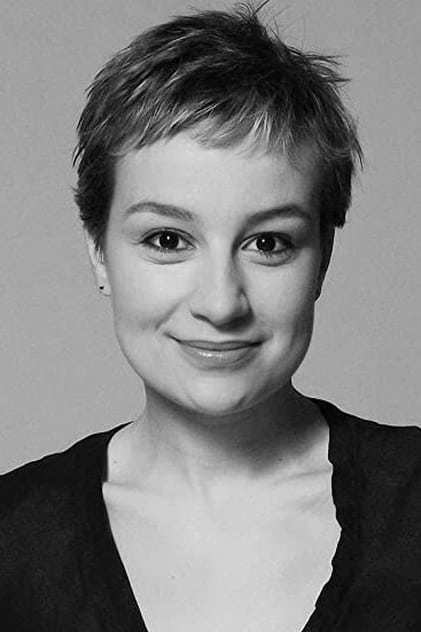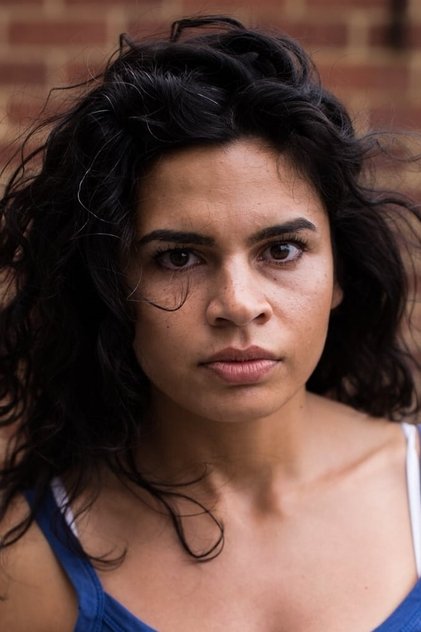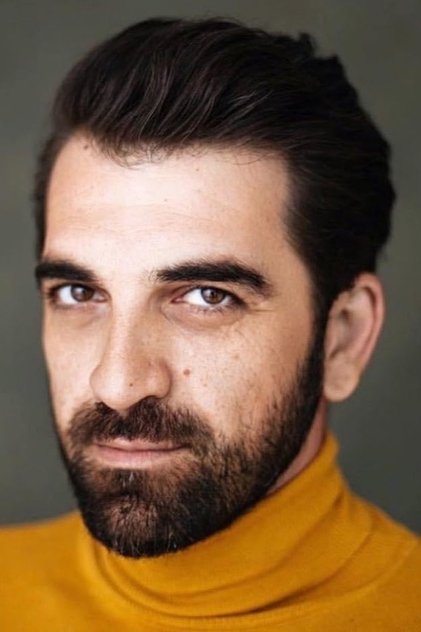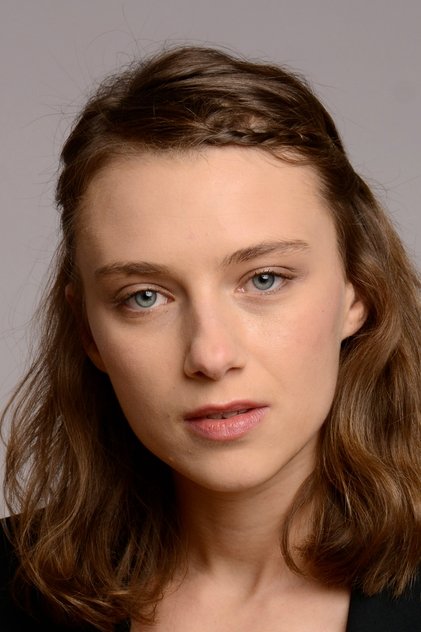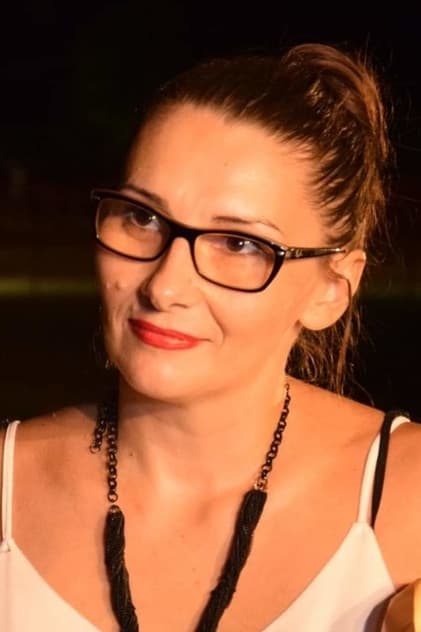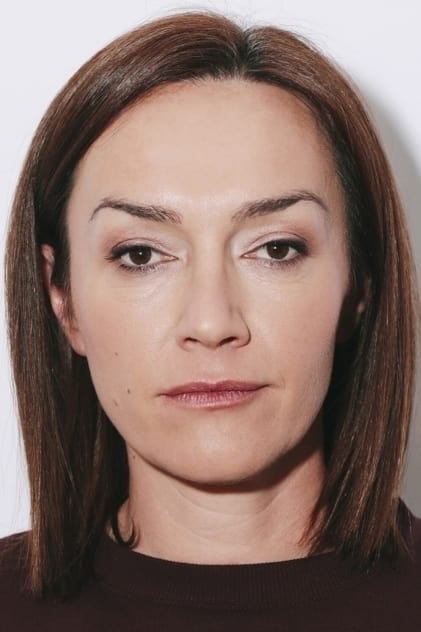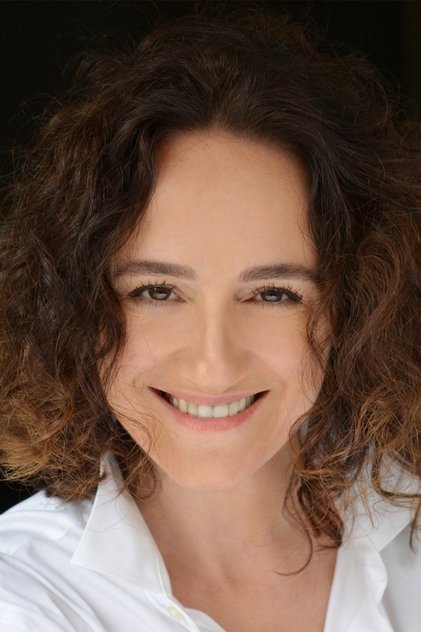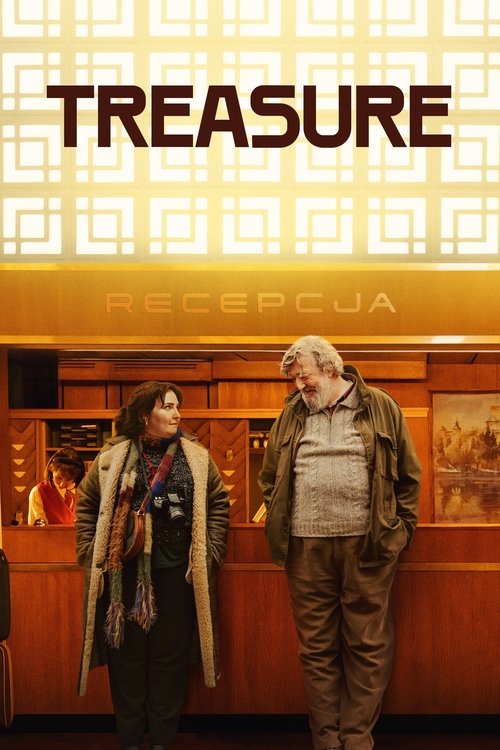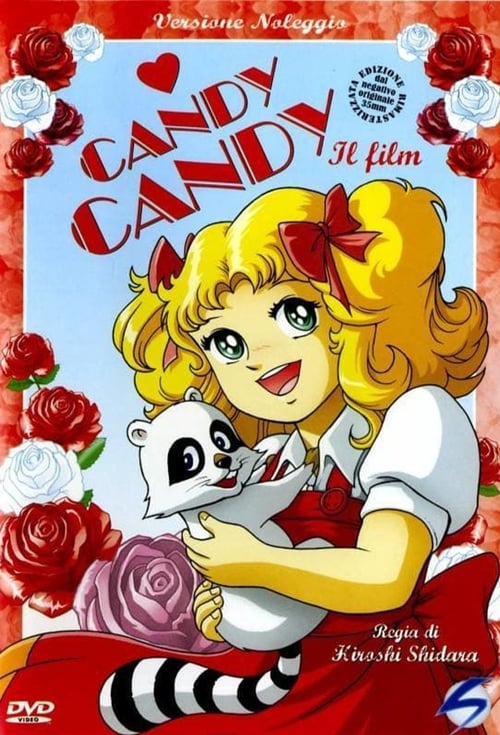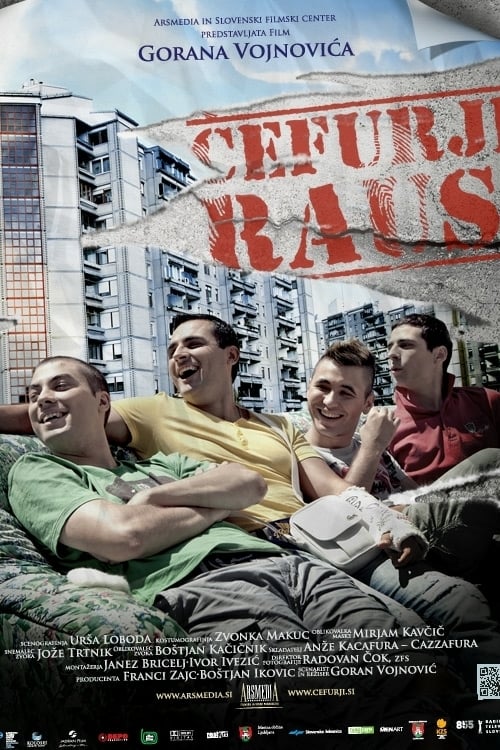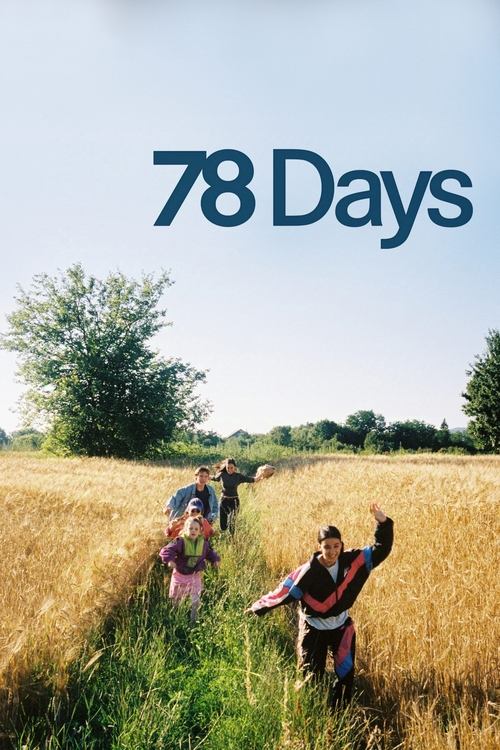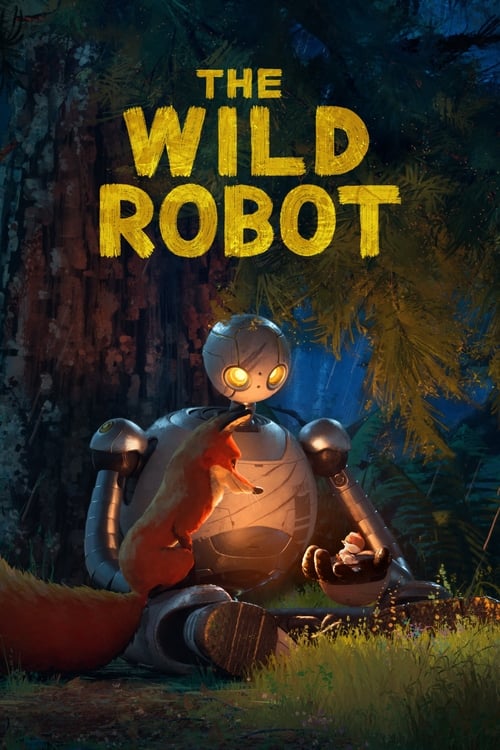

2024
·107m
Housekeeping for Beginners
Summary
Dita, who, despite never aspiring to be a mother, finds herself compelled to raise her girlfriend’s two daughters—Mia, a tiny troublemaker, and Vanesa, a rebellious teenager. As their individual wills clash, a heartwarming story unfolds about an unlikely family's struggle to stay together.
Reviews
Brent_Marchant
July 11, 2024
Alternative “family” structures have been around for some time now, and they’ve assumed a variety of forms, both domestically and overseas, as well as in their essential composition. And, in a number of cases, it has taken some trial and error to figure out what works best for these diverse groupings, depending on the various factors that characterize the individuals involved. Such is the case in this profile of a multi-ethnic, mostly LGBTQ+ household in Skopje, North Macedonia that struggles to find a harmonious footing when stricken by a tragedy involving a family matriarch (Alina Serban). Those left behind (Anamaria Marinca, Vladimir Tintor, Samson Selim) must figure out how to regroup, particularly when it comes to the care of a belligerent adolescent (Mia Mustafa) and her sweet, young, surprisingly worldly half-sister (Dzada Selim). It’s especially challenging for those in charge, given that they’re not terribly experienced at (nor overly interested in) the responsibility for such matters. They truly find themselves engaged in a crash course of “housekeeping for beginners,” one that finds them with one foot each in the middle class world of Skopje and in the impoverished world of nearby Shutka, an enclave of Roma (a.k.a. “Gypsy”) culture. Writer-director Goran Stolevski’s third feature outing provides an intriguing look at life in locales that have not received much cinematic attention, depicted through the eyes of an eclectic mix of characters living lives far different from what one typically finds in most conventional households. This domestic comedy-drama gets off to a somewhat rocky start, mainly due to a failure in identifying the nature of the relationships among the principals, and a narrative that can be rather episodic at times, with resolutions to its multiple story threads that feel incomplete or end abruptly (most notably in the final act). Viewers probably would have benefitted from some additional information about the ethnic backgrounds of the characters, too, given that many viewers are likely unfamiliar with the cultures involved. However, once the picture starts settling down and finding its rhythm, this release definitely gets stronger and more involving as it progresses, touching audiences profoundly, given that the situations that arise are often universal in nature, no matter what structure a family unit takes. “Housekeeping for Beginners” definitely has its strengths and touching moments; it’s a little disappointing, though, that there aren’t more of them. Greater clarification and consistency in the storytelling would have done this offering a world of good in its depiction of a world otherwise seldom seen.
